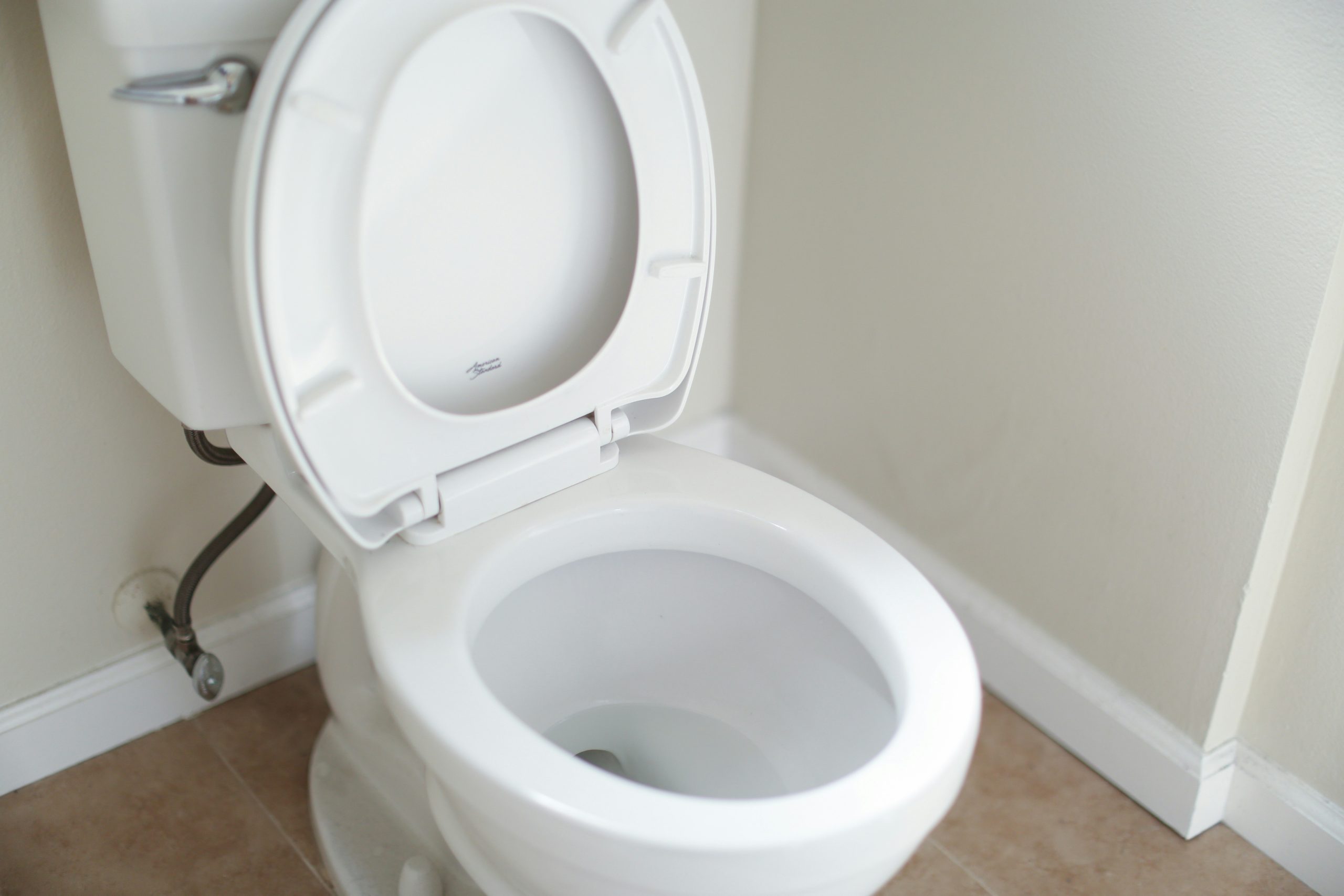In the case of Miss A v ISS Facility Services ISS Facility Services is a global company providing facilities management services and employs around 10,000 people in the UK. Miss A started working at one of its sites in February 2019. She was the only female employee stationed there.
The onsite toilets consisted of a men’s washroom (with two urinals and one cubicle) and a single accessible toilet which had a sanitary bin. Miss A was told that she could use either facility. She used the accessible toilet but complained about the lack of a female only space, lack of a proper lock (which meant that the door could be opened from the outside) and poor hygiene (including urine on the seat from men who also used the facility). Her line manager agreed to install a new lock and put up a sign. But, the only action he took was to print a “ladies” sign and attach it to the door with Sellotape, which Miss A had to keep re-attaching.
Miss A continued to complain about the facilities and after three years, she raised a formal grievance (which also included other allegations about her work environment). She was signed off work due to acute stress for around six months and, when she returned, the accessible toilet had been refurbished and had a secure lock in place. Although she was satisfied with the new arrangement, she alleged that prior to this she had been treated less favourably than male employees who had their own toilets and brought a claim for direct discrimination.
The tribunal upheld this part of her claim.
The tribunal awarded £15,000 for injuries to Miss A’s feelings (which included payment for a separate incident of sexual harassment).
The Workplace (Health, Safety and Welfare) Regulations 1992 set out statutory obligations to provide separate male and female toilet facilities for employees. The regulations currently allow employers to install gender neutral facilities but only where they are in separate rooms that are lockable from the inside.
Source: Lexology
This provides summary information and comment on the subject areas covered. Where employment tribunal and appellate court cases are reported, the information does not set out all of the facts, the legal arguments presented and the judgments made in every aspect of the case. Employment law is subject to constant change either by statute or by interpretation by the courts. While every care has been taken in compiling this information, we cannot be held responsible for any errors or omissions. Specialist legal advice must be taken on any legal issues that may arise before embarking upon any formal course of action.







